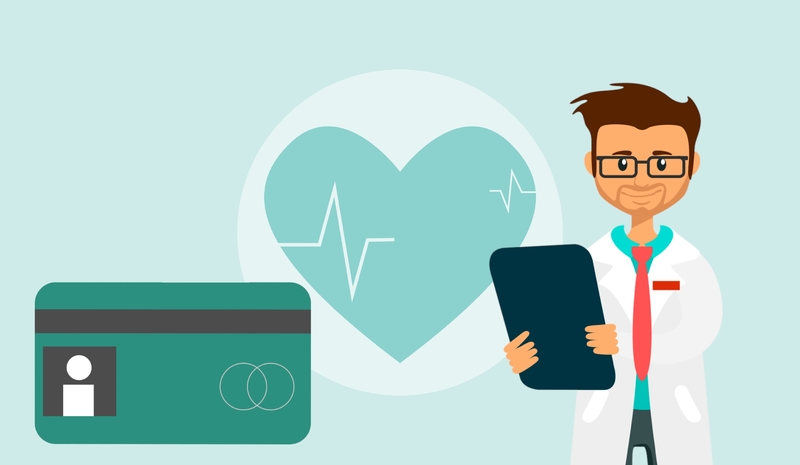
Read on for thoughts from Michael W. Davis on the CT legislature reviewing a bill that’ll help control “patient churning” at FQHCs.
Legislation pending before the current session of the 2022 Connecticut General Assembly includes S.B. 191. The bill’s stated title is “An ACT Concerning Federally Qualified Health Center (FQHC) Payments and the Provision of Nonemergency Dental Services at such Centers.” The purpose is “To revise provisions regarding payments to federally qualified health centers and set limitations on nonemergency dental visits at such centers.”
Taxpayer and dental patient abuse by certain nonprofit FQHCs healthcare clinics has been a long-standing problem. These dental facilities primarily serve our disadvantaged populations.
One mechanism termed “patient churning” involves requiring patients to return multiple times with nonemergency services, for treatments generally provided at the same visit. This may include stringing out multiple patient encounters for diagnostic x-rays, examination, and dental prophylaxis (teeth cleaning).
A dishonest FQHC may increase revenues via charging the state for multiple unnecessary patient “encounter fees.” Taxpayers are swindled by excessive billings. Underprivileged patients (and parents) are cheated by needless time away from school or work, and often greatly challenged by transportation difficulties.
While the majority of FQHCs operate above board and in the best interests of patients, a number do otherwise. This has led to litigation against dental FQHCs from New York, Alaska, Washington State, and more recently in Connecticut.
Leadership in public health dentistry has decried the deleterious impact of FQHCs abusing patient encounter-based payment method upon patients, taxpayers, as well as clinical staff. At the fore has been the National Network for Oral Health Access (NNOHA), which has outlined methods, means, and negative outcomes related to FQHC patient churning.
Wording of S.B. 191 states, “A federally qualified health center shall not provide nonemergency periodic dental services on different dates of service for the purpose of billing for separate encounters. Any nonemergency periodic dental service, including, but not limited to, (1) an examination, (2) prophylaxis, and (3) radiographs, including bitewings, complete series and periapical imaging, if warranted, shall be completed in one visit.”
“A second visit to complete any service normally included during the course of a nonemergency periodic dental visit shall not be eligible for reimbursement unless (A) medically necessary, and (B) such medical necessity is clearly documented in the patient’s dental record.”
Passage of this legislation would not only serve Connecticut but benefit the nation. Since Medicaid operates under joint state and federal funding, all US taxpayers would stand to save money. Furthermore, S.B. 191 legislative enactment might serve as a template for other state legislatures, as well rule reforms by the US Centers for Medicare and Medicaid Services (CMS).
ABOUT THE AUTHOR
Dr. Michael W. Davis practices general dentistry in Santa Fe, NM. He also provides attorney clients with legal expert witness work and consultation. Davis also currently chairs the Santa Fe District Dental Society Peer Review Committee. He can be reached at MWDavisDDS@Comcast.net.











